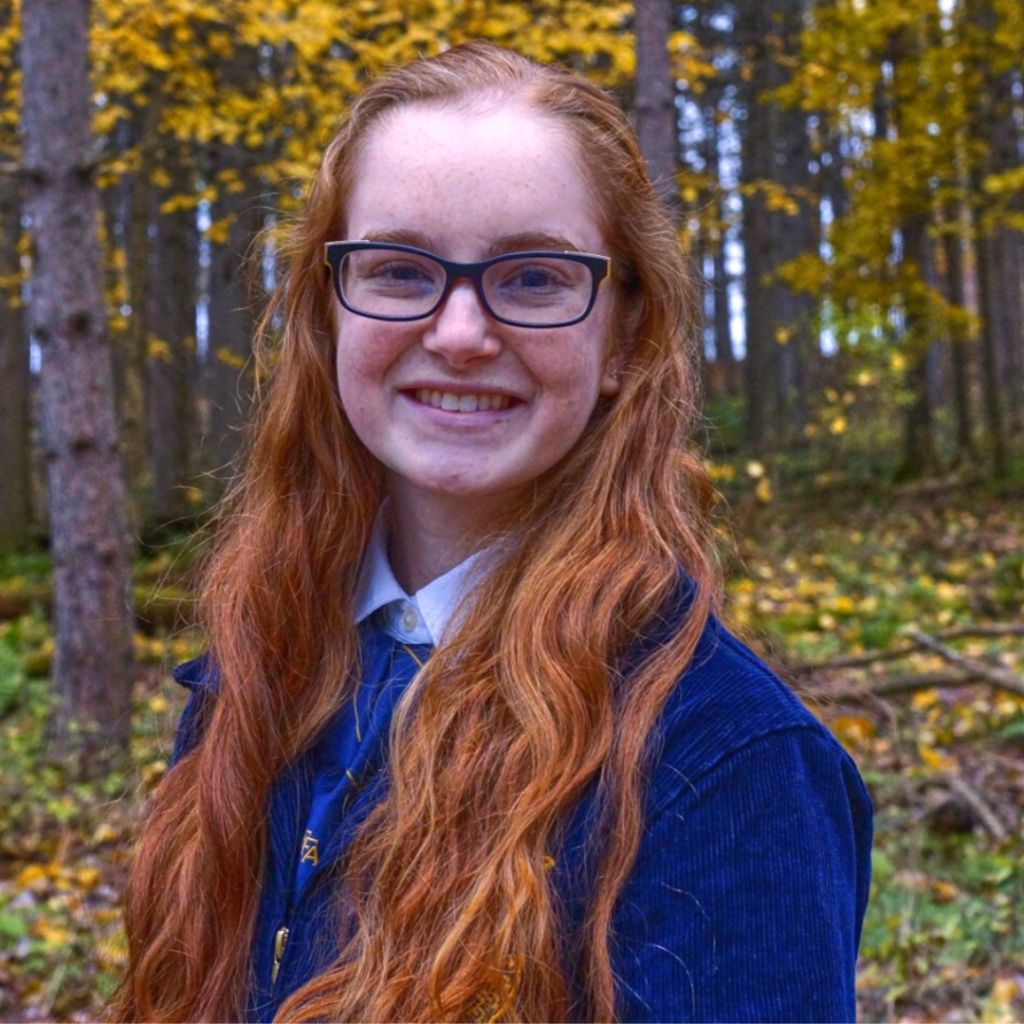Describe your life prior to diagnosis:
I was diagnosed at just two years old. When I was a baby I was always extremely uncomfortable. I would cry all night long and was always upset.
How did you come to know (or suspect) that you have celiac disease?
My mom had no idea what was going on. She took me to the doctor’s office because I was not growing properly and I was always an upset baby. The doctor told us that I might have celiac disease and so he ordered some tests. Once I did the blood tests, my results were off the charts—I definitely had celiac disease. I also had the biopsy done.
Describe your experience with living with celiac disease:
I have had celiac disease for 16 years now and as a result I have had plenty of time to figure out this disease. I have also had both good and bad experiences with celiac disease. Though I always try to be as careful as possible to make sure I eat gluten-free food, every now and then I mistakenly eat gluten and I feel awful for at least a month.
Throughout the years I have found that many people know of celiac disease, but they do not understand the disease. An example of this was when I went to a summer camp. I very clearly explained my situation to the camp chef and she assured me that she could accommodate my needs. However, after eating the first meal I knew it had cross-contact with gluten. I went straight to the nurse and explained to her what happened, and do you know what she told me? “No, we did not get you sick, you must have the stomach bug.” At that point I was furious—not only did they get me sick but now they wouldn’t own up to their mistake.
As a result of situations like this I have lost the ability to trust others with my care. This is becoming a huge struggle as I am headed off to college, where I am going to need to trust the kitchen staff to keep me safe.
I have had some extremely good experiences with celiac disease as well. Even though some people don’t understand the disease, there are others who go above and beyond. In my town there is a completely gluten-free bakery that doesn’t allow any wheat into the building to ensure that no cross-contact occurs.
I have also had the chance to speak with many others who have celiac disease. The celiac community is very welcoming and I have learned a lot from them. The good thing about celiac disease is that more and more people are learning about it, so hopefully one day I won’t have to worry about getting glutened.
Is there anything else you’d like to add to your story?
I always like to say that “I am different but not less” (quote from Temple Grandin). It is important to not let society make you feel bad for a situation that you can’t help. Your health is the utmost priority.



